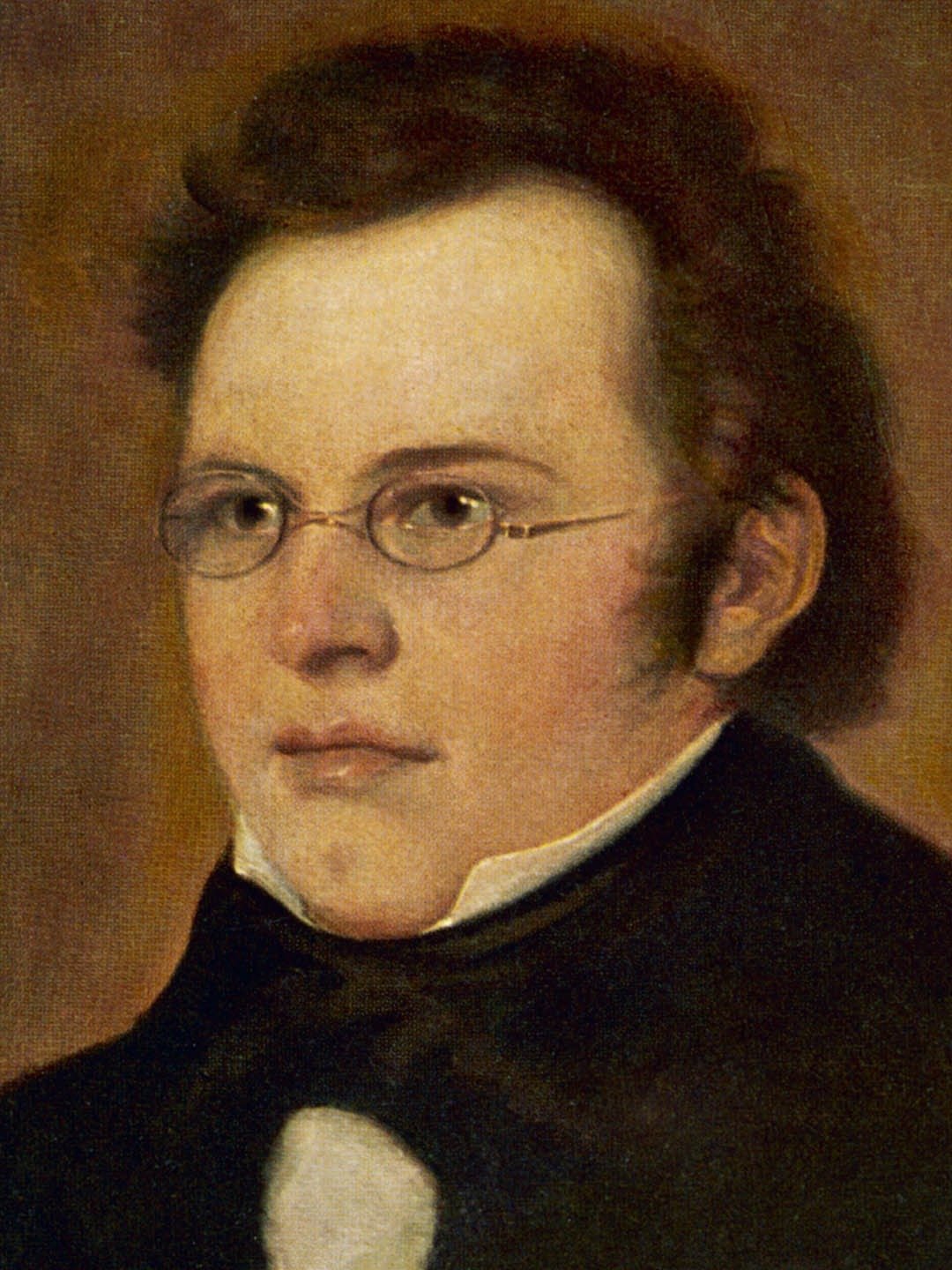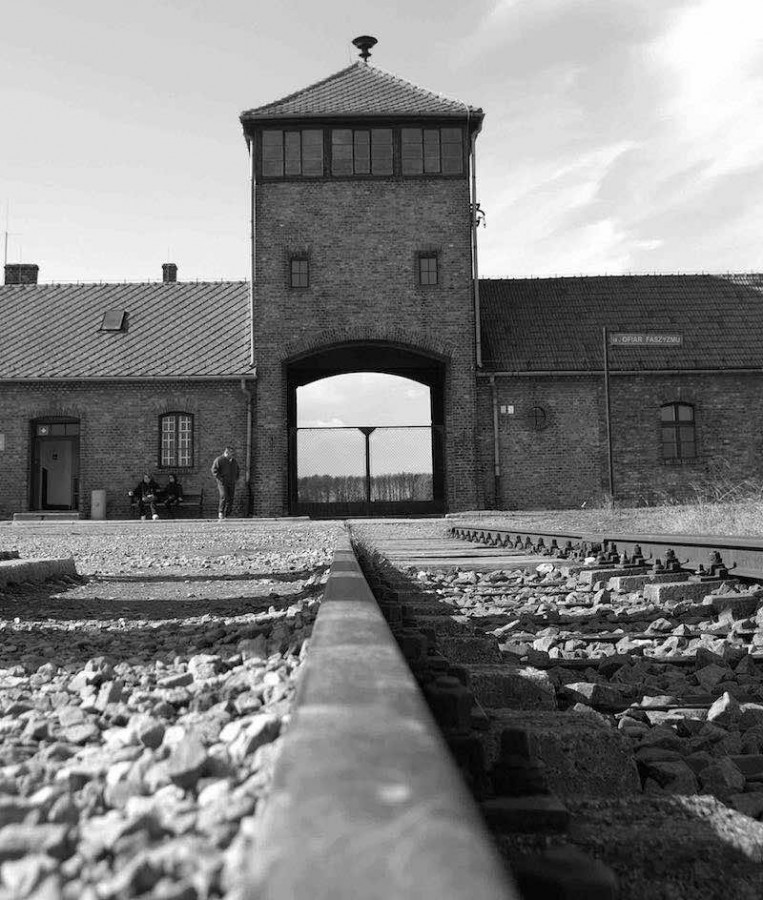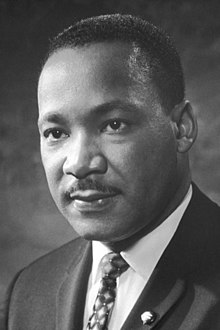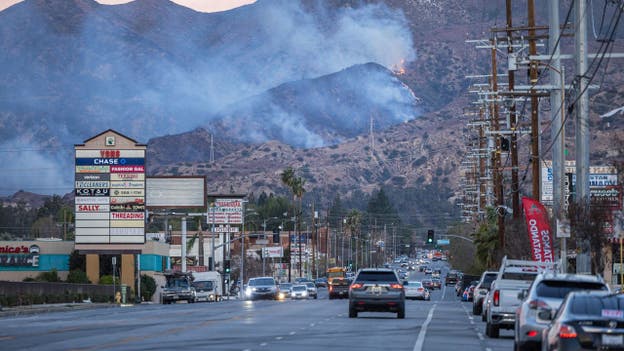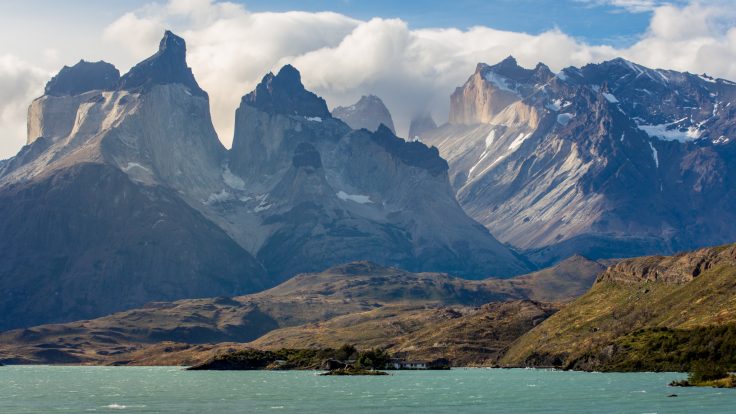In a blast from the past, I recently watched the movie The Company You Keep. It's a movie based on a novel, which is in turn based loosely on a real life incident in the lives of the Weathermen, the radical faction of the Students for a Democratic Society who, for a brief period in the early Seventies, perpetrated a campaign of bombings and other violence to bring down what they viewed as the oppressive and established order in the United States.
Central to the plot is that one member of the Weathermen who had eluded capture for over thirty years and is now a settled and productive member of society is exposed by an intrepid newspaper reporter. He immediately goes even deeper underground. As he does so, he makes contact with another former comrade whom he knows can clear his name (it turns out that contrary to what the FBI thinks, he was actually not present when the incident in question, the killing of a bank guard, occurred), a person who, like he, has been living underground for all these years. So the question becomes this: will she decide to turn herself in and exonerate him even if it probably means spending the rest of her life in prison?

Writing some decades ago, a theologian named Francis Schaeffer observed that the protesters of the Sixties were correct about the decadence of Western government and the corporate obsession with individualism and material bounty. But their methods, he went on to say, were flawed. On the latter point, it is hard to disagree. Though many protests were orderly and peaceful, many were not.
Later in his life, Schaeffer, who died in 1984, wrote that in the coming years people living in the West will be concerned with only two things: personal peace and affluence. As we look at Western society today, it's difficult to disagree with him. People in the West want their peace, and they want their affluence. The irony of this, as the protesters pointed out, is that if we value personal peace as much as we do affluence, we will never be satisfied. If we want personal or spiritual peace, we must set aside our interest in material wealth and consider the ultimate questions of existence. If we want affluence and wealth, however, we must do just the opposite.
That's why, as I look back on the Sixties from the other side of spiritual conversion, I see that after all these years, the same problem remains. How do we determine and enjoy what matters most? Put another way, how do we balance living to meet our material needs (not wants!) with living to understand why we live in the first place? As many religions have demonstrated, such balance is possible. It is only possible, however, if we agree, before we do anything else, that there is a reason, a reason beyond our finite and limited scope of purpose and ken, to see life as more than a random accident or quantum whim. Only when we let go of the immediate will we see essence of our deeper existential purpose.
